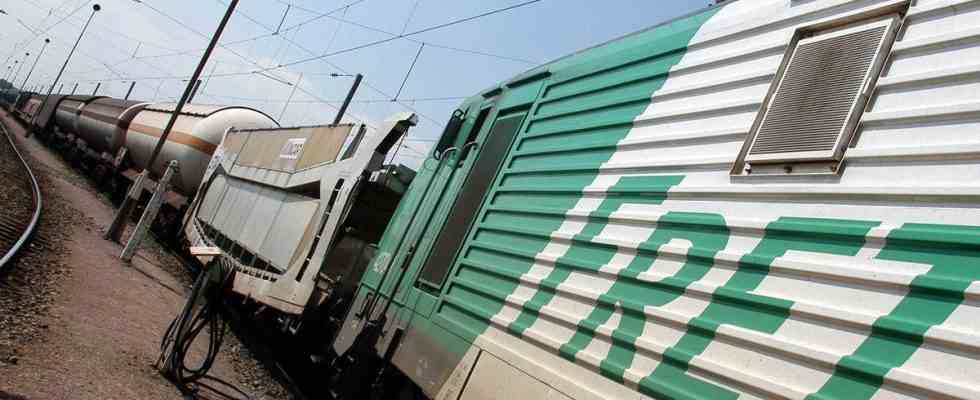A large agricultural cooperative in the south of France officially reopened a railway line on Tuesday. A choice that is as economical as it is ecological for the company. Located in Beaucaire (Gard), the collection point of the Arterris cooperative has received cereals (barley, rapeseed, wheat, sunflower, etc.) produced by its 15,000 cooperative farmers since 1980. This makes it its most important storage center in this region. Its three silos, with a total capacity of 75,000 tonnes, supply in particular 25,000 tonnes of durum wheat each year to the Panzani pasta factory, located in Marseilles, a hundred kilometers away.
However, for eight years, the railways serving this industrial zone were no longer operational, truck transport having been deemed more economical and flexible than the train over short distances. “Today, the train is once again favored for ecological reasons and because it provides additional working comfort. It takes a day and a half to load a train, it would take two to three times longer to ship the same quantity of goods by truck,” explains the manager of the Arterris site in Beaucaire, Stephan Vigne.
An investment of 360,000 euros
While the train can accommodate up to 1,500 tons of durum wheat, it would take fifty trucks to transport the same volume. To relaunch the railways, it took two years of work and an investment of 360,000 euros, divided between the Compagnie Nationale du Rhône, the community of communes Beaucaire Terre d’Argence, the France Relance plan and the Occitanie region.
The locomotive, owned by Arterris, had not run for almost a decade. She was refitted and loaded in the presence of officials from Arterris, Panzani and local authorities. It was in fact the third load since the end of January and the effective relaunch of the line, on which around twenty convoys should transit over the next twelve months.
Emmanuel Macron last year encouraged the French industrialists who emit the most CO2 to hasten their “decarbonization”. But environmentalists and the left-wing opposition believe that the actions of the head of state are not up to the challenges of the climate crisis. Prime Minister Elisabeth Borne announced in February a plan of 100 billion euros by 2040 for rail transport.

